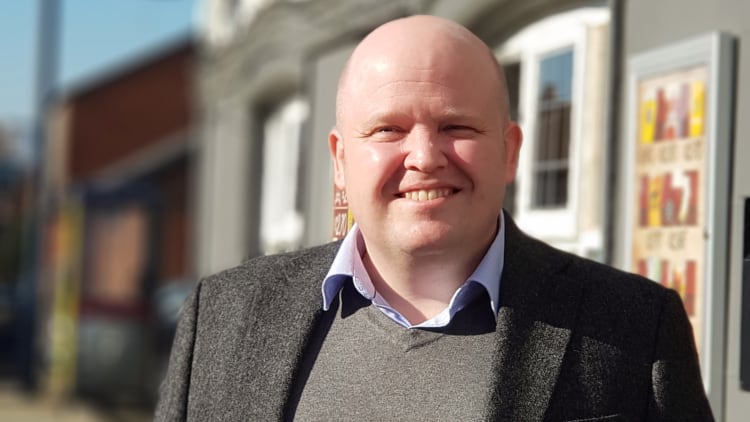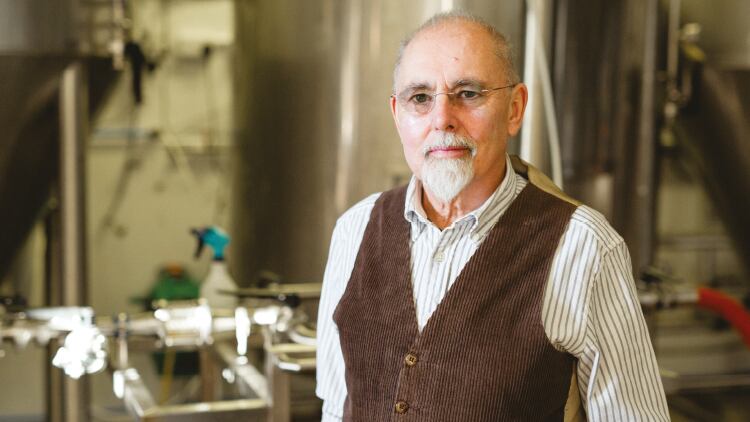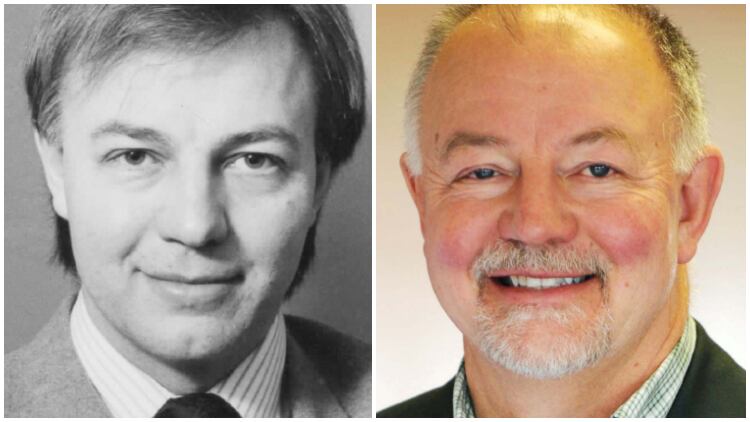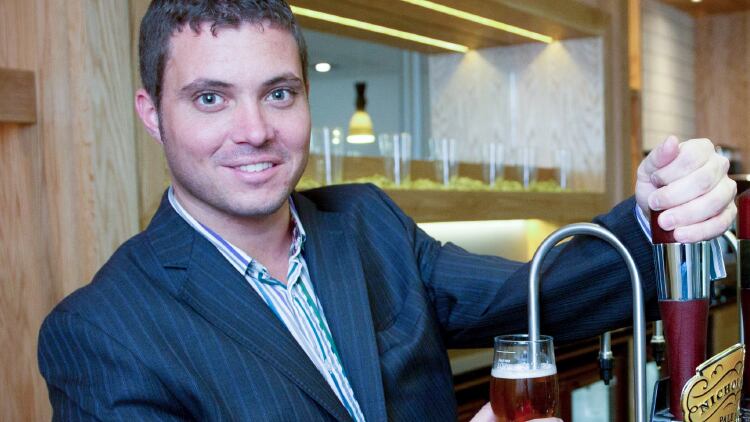Hatters the way to do it
“If I could convert all my sites into Beacon, I’d do it tomorrow,” says Matt Bonilla, who runs the Jolly Hatters, Denton, Manchester.
The Jolly Hatters is just one of his Beacon sites, with a further eight operations under the banner across the north-west and Wales.
He has a further five sites, split across other pub groups and also a freehouse, but it’s the Beacon model that appeals.
“Making money drives me, and Beacon allows me to do that, as well as helping me to save money and providing guaranteed GPs.”
He says the support is superb, as is the level of investment from the business, but he’s been particularly impressed with the way the Beacon model has evolved in the time he’s been involved with it.
“Beacon has allowed me to grow with the support that I don’t get from the other companies, but over the past five years they’ve evolved massively. The range of products is great, we’ve got products in my pubs now that I never thought we’d get.
“Gin is a prime example, going back five years, the gin we sold was Gordon’s. No deviation.
“Now Beacon has reacted to the gin craze and we’ve now got a full range of premium gins in. We’ve still got market leaders like Gordon’s, but now have all these other flavours, and they’ve been fast to react to those changes.”
Bonilla is almost evangelical about the concept, and often helps other operators coming into the system who might be wary.
He’s a prime example of how the Beacon model has changed, moving away from being a hospitalisation process, into a model that, with the right operator, can be a strong offer.
And the Jolly Hatters is testament to that, with Bonilla and the Beacon team taking it from a struggling tenancy doing less than £3,000 a week to one that is now averaging more than three times that.
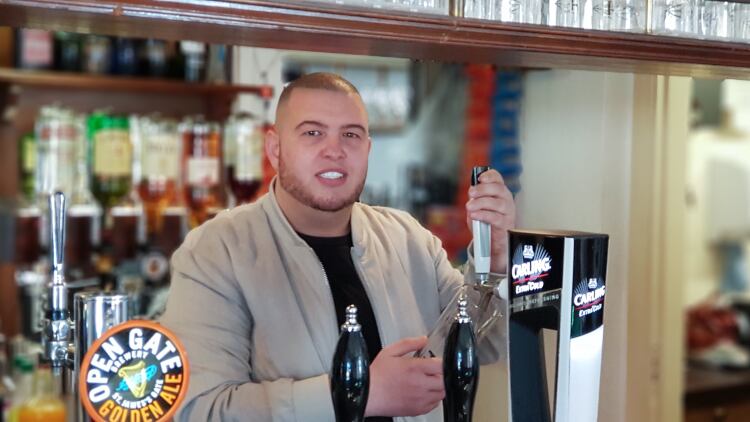
To mix a metaphor, some could argue that Ei Group has been hiding its Beacon under a bushel.
The Beacon pub division within the larger business has been quietly getting on with business for almost a decade, steadily rescuing pubs that have lost their way, dusting them off, getting them back on their feet and giving them the help and support they need to become viable, thriving operations once more.
In many ways, the Beacon division was set up to be the intensive care division for Ei, hospitalising and re-energising struggling operations. But, over the years, it’s evolved and become far more than that, with some operators actively seeking out Beacon opportunities over other models within the group.
Care and support
And while the sexier elements of the recent transformation of the Ei Group operations – Craft Union and Managed Investments to name a couple – have tended to hog the limelight, Beacon has been quietly getting on with taking in struggling pubs, turning them round and, ultimately, passing them back up the chain to those other divisions.
“I suppose the ultimate success of Beacon is if I say, I’ve got to go now, I’ve got no pubs,” laughs Mark Brooke, divisional director for Beacon, or perhaps we should call him the Pub Doctor.
“I don’t think we’ll ever get to that as I don’t think we could execute it that well, although I’d love to be able to!”
He says there’s always going to be pubs that will need the care and support of his operation. “There’s always going to be a bottom of something.”
He adds: “You’re always going to have a tail, and if that tail is in another part of our business, and you ask the question, could we do a better job for the publican and us? If the answer is ‘yes’ then we need to explore where it goes.
“As a company, we’ve become much better at making sure each asset is sitting in the right business unit, and the pub will thrive much better than if it’s left to its own devices.
“And that’s probably the success of Beacon. Yes, some of these pubs would survive on their own, but there’s a difference between survive and thrive.”
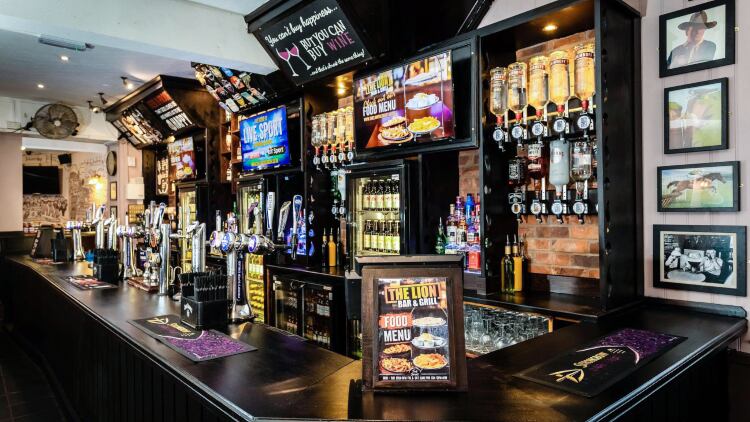
Intensive-care operation
Mark joined Ei Group after a career across retail, finance and food, which saw him put stints in at organisations including KFC and Domino’s, and, initially, he never expected to find himself in the sector.
“My destination was never the pub industry,” he says. “I ended up speaking to a gentleman who was in the business at the time called Mark McGinty and just got on really well with him. He said come and talk to us and I listened to Mark’s vision and his dream of what he wanted – and it went from there really.”
That was seven years ago and he hasn’t looked back. He initially joined the core Ei Publican Partnerships, but soon moved over to Beacon. “Part of the move was that I put a business case forward to make Beacon a stand-alone division. Previously, it was part of core pubs and a regional manager (RM) would have maybe 25 core sites, and a handful of Beacon pubs.”
Brooke’s plan was given the green light and the operation has transformed and evolved considerably over the past few years.
“Originally, it was set up as an intensive care operation,” says Brooke. “We were there to get the pub and operator back on track. What came out of that was quite clear, in order to do that you needed to be a specialist at doing it, to add real value and do it quickly.”
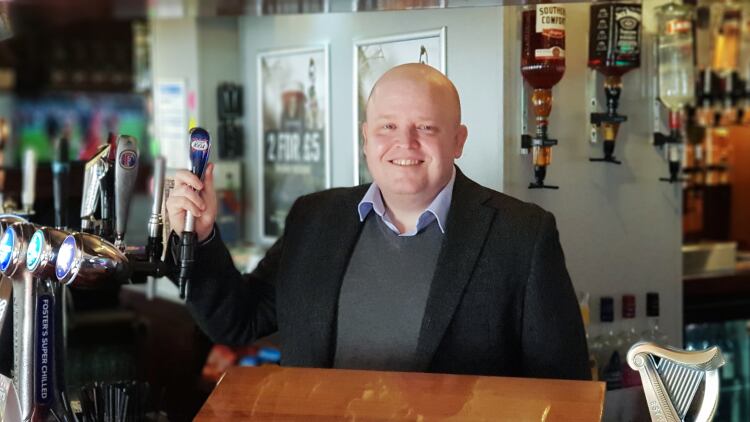
Offering value
Brooke quickly built up a dedicated team that brought specialised skills to the mix: “We were in the value drinks sector, so the team we’ve put together are value drinks specialists, they know how to effectively run a value drinks pub.
“We’ve a compact team with 10 regional managers and support staff, and we’ve had great consistency within that. None of the team have moved on, they’ve all stayed throughout and the publicans benefit from that, and we benefit from that.”
And he expects a lot from his RMs. “You have to be able to run the pub, that’s the important piece. All my guys need to be able to know how to merchandise effectively, clean the lines, pour a pint and understand how to fix the till.”
The RMs are also expected to know not only what’s going on in the pub, but also what’s going on around them, understand the market environment for each site, react to any competition and steer the marketing and social media activities.
One of the key requirements for all RMs, however, is the transfer of skills to the publicans, to upskill them and improve their self sufficiency.
The RMs are there to help solve problems, says Brooke, but they are also there to pass that knowledge on. “If a publican says ‘my till’s not working,’ then it’s a case of ‘OK, let me show you how to fix it’. It’s not just a case of fix it and walk away, it’s showing them how it’s happened so they can fix it themselves next time.”
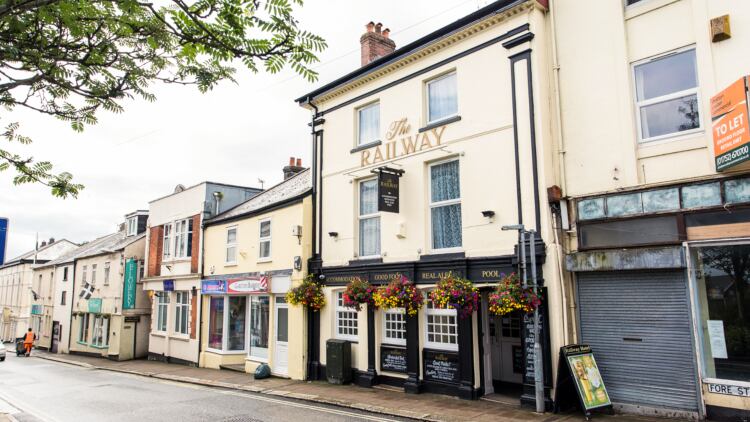
Training programme
New operators into Beacon take part in a training programme over the course of their first year, with sections broken down into monthly bites that cover a range of retail agendas. “At the end of the first 12 months, they’ve done almost an academy or suite of training – you’re not signing them off, but you should be comfortable that, by the end of that cycle, they can deal with all the elements of running a pub effectively.”
Support is the key feature for a Beacon pub with managers visiting the site on a monthly basis at least, but they’re keen to enable the operator: “Our mantra is – it’s your pub, our support. We’re really passionate about that. We want it to be clear that this is your pub, this is your space, and, in some cases, this is your home and you’ve got your family here, but we’ve got a really good set of skills that we think that can help or some tools we can give you to add value to do a really good job in the pub.”
He encourages his RMs to think of the publicans as customers. “When you’ve got that mindset, when you’re in the pub and they’re asking questions, it’s a customer asking. It changes the spin on how you approach trying to work with people.”
And he says the relationship needs to work both ways: “There should always be a case that when the RM leaves that pub. The publican has got something out of that visit. It’s their agenda as much as ours, and that’s really important, it can’t be all our agenda.”
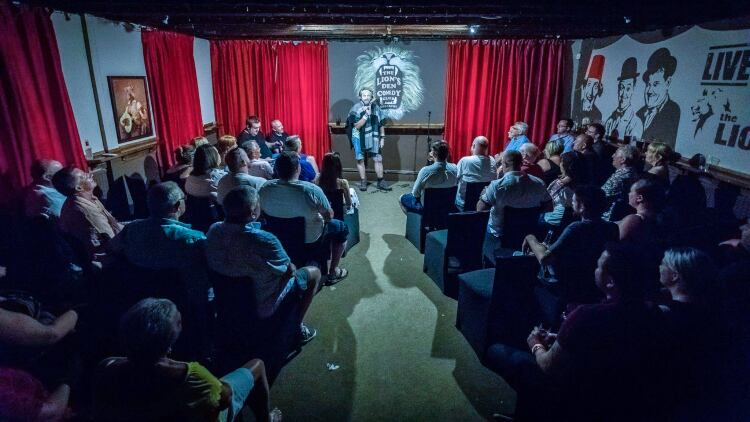
Highlighted benefits
Signing up to a Beacon deal offers a number of benefits over a standard core deal, says Brooke, with a suite of support packages covering property, marketing, and electronic point of sales (EPoS) set-up. Financial support is also provided through partnership with the British Institute of Innkeeping and licensees also have access to considerable discounts which, combined with the Ei Group buying power, enables them to offer competitive prices at the bar.
Beacon charges for the packages, typically around £2,000 a year for each one, which provides everything from the EPoS equipment and support through to a full suite of marketing support, which ensures the publican has a full 12-month programme of marketing initiatives to keep the business ticking over. The property package also ensures the business is looked after and kept in good condition on a ongoing basis, and if necessary, Beacon will top up the £2,000 budget to ensure a project hits the mark.
The idea is to provide that support to leave the operator focused on ensuring the retail offer is flying and putting more money in the till. “We want it so the publican only has to focus on their customers and their team.”
He says his team has a simple agenda when going to talk to operators, with three key areas: Make, Build and Save.
“That’s all I want them to talk about, nothing else. How do they help the operators to make more money and save more money? And the build element is all about the relationship.”
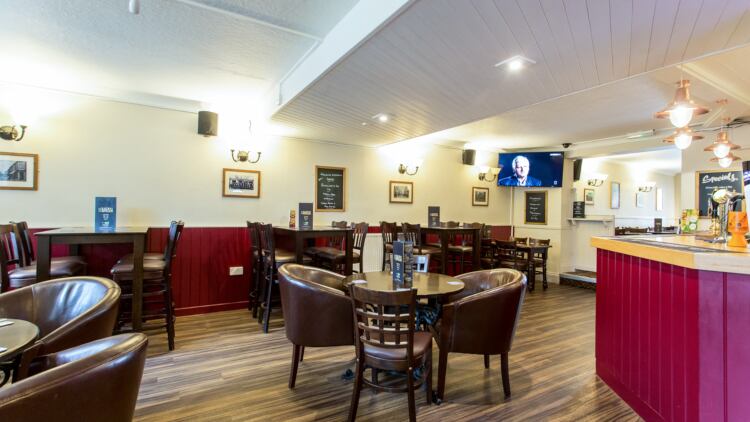
More pubs in estate
There are currently around 270 pubs in the Beacon division, with Brooke expecting to grow his slice of the pie with a further 40 to 50 pubs coming under his domain this year, but it remains a fluid state with pubs potentially processing through into the wider estate, or into the hand of the ever-hungry and fast-growing Craft Union business. So what does success look like for Brooke?
“We’ve probably moved around 80 or so pubs up into Craft Union, and I look at that as a real success for Beacon. These may have been pubs that we were wondering what to do with, and now, 18 months later, we’re confident enough as a business to invest a significant amount of capex, and take them under our managed umbrella.
“I’m here to run pubs, and the more I take in, the more I’ll potentially pass on – people might say you lost the pub, but I say ‘no’, I passed it on.”
And it comes back to that question of survive v thrive – Brooke and his team’s mission is simple, to not only keep the heart of those community pubs beating, but to enable them to thrive and drive them upwards into viable, confident operations firmly at the hearts of those communities.
And it’s something the Pub Doctor is doing a great job with, it’s not just a case of patch them up and send them back out. Brooke is helping them to lay the foundation to a healthier future all round.

